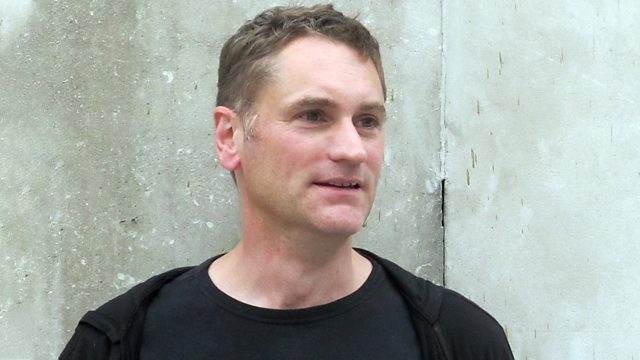Satellite navigation in the UK; the science of the World Wide Web and Neolithic genomics
Gareth Mitchell finds out if the UK has lost its way with sat nav. How internet scientists think the online world has changed, and what DNA reveals about Neolithic culture.
Is the UK losing its way when it comes to satellite navigation? There's GPS from the US, but other countries and regions, including Russia, China, India and Japan, either have, or are building, satellite navigation systems of their own. The EU has Galileo, but with Brexit, Britain is no longer involved. The Government has announced that it’s just acquired a satellite technology company called OneWeb. It’s primary role is enhanced broadband, but there’s talk of adding in a navigation function to the constellation of satellites. But how feasible will that be?
In an era of cyber-crime, misinformation, disinformation, state-sponsored attacks on rival countries’ infrastructure, government-imposed internet shutdowns in places like Eritrea and Kashmir, the World Wide Web is an increasingly dark and troubled place. Making sense of how the internet has changed from the democratic, sharing, open platform it was designed to be, and predicting what’s next, are the web scientists. Professor Dame Wendy Hall, Regius Professor of Computer Science at the University of Southampton, and a co-founder of the whole field of web science, is hosting an online, annual conference this week. The theme this year is 'Making the web human-centric'.
Communal burial sites tend to suggest an egalitarian society, where everyone is considered equal. And this is what we expected the Neolithic societies that spread across Europe with the birth of agriculture around 6000 years ago would be. But DNA evidence from a single human, NG10, buried in 3200 B.C.E in the vast tomb of Newgrange, 25 miles north of Dublin, in Ireland, shows very strong inbreeding. Couple this with the fact the body was buried and not cremated and placed in a highly adorned chamber. Does this indicate an elite ruling class where marrying one’s close kin was the order of the day? Dr. Lara Cassidy, palaeogeneticist at Trinity College Dublin, decoded NG10’s DNA and she tells Adam Rutherford the story.
Presenter - Gareth Mitchell
Producers - Fiona Roberts and Beth Eastwood
Last on
Broadcasts
- Thu 9 Jul 2020 16:30�鶹������ҳ��� Radio 4 FM
- Thu 9 Jul 2020 21:00�鶹������ҳ��� Radio 4
Explore further with The Open University
Discover more fascinating science content with The Open University
Podcast
-
![]()
�鶹������ҳ��� Inside Science
A weekly programme looking at the science that's changing our world.


